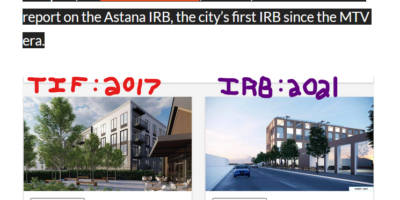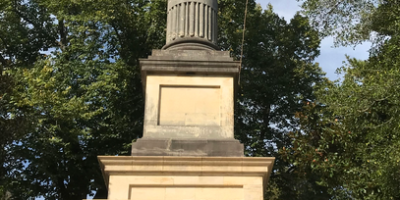By Joy Arnold
The last weekend in September saw the birth of the Coffee Party when Annabel Park got up off her couch and ranted on her Facebook page about the growing popularity of the Tea Party movement. Park immigrated with her parents from South Korea as a young girl, grew up in Houston and now works in film. She and her partner, Eric Byler, recently produced the film 9500 Liberty, which documents the immigration issue as it has played out in Manassas, Virginia. The film is currently being shown on several MTV outlets.
Park’s Facebook rant reached an audience increasingly frustrated with the incivility and obstructionism in political discourse, and with the media assertion that the Tea Party represents America. Inspired, Park to organize, via social media outlets like YouTube, a group to counter the Tea Party’s populist mobilization.
Word spread and on March 13, Coffee Party Day, people gathered around the country for coffee parties. Six months later, September 24-26, some 300 people from forty states, Japan and Switzerland gathered in Louisville to extend their conversations and determine what this Coffee Party thing is.
Here’s what we came up with.
With the desire to “wage civility,” members and participants take this pledge:
“As a member or supporter of the Coffee Party, I pledge to conduct myself in a way that is civil, honest, and respectful toward people with whom I disagree. I value people from different cultures, I value people with different ideas, and I value and cherish the democratic process.”
Participants asked, “Are we just going to talk, or is our conversation going to lead to action?” That resulted in this statement of purpose:
“The Coffee Party Movement gives voice to Americans who want to see cooperation in government. We recognize that the federal government is not the enemy of the people, but the expression of our collective will, and that we must participate in the democratic process in order to address the challenges that we face as Americans. As voters and grassroots volunteers, we will support leaders who work toward positive solutions, and hold accountable those who obstruct them.”
Many participants in Louisville struggled with the need to move from a political party mindset. It took acknowledging that the election of a candidate does not by itself provide hoped for change; that Democracy requires as much, if not more, effort between elections as it does during election cycles; that the messy work of Democracy takes time and hard work.
Mostly,the Coffee Party aims to overcome the practice of political parties working en masse to stifle discussion by not talking with each other from a position of respect.
One of the tools the Coffee Party uses to help facilitate dialogue is “The Coffee Sphere,” found on the lower left of the Coffee Party home page. The “Sphere” is an inventory of 57 questions, responses to which are weighted 1-9 and recorded in a sphere with technology that permits various demographic groups or individuals to be over laid for comparison.
The aim of the Coffee Sphere is to show groups where different individuals and groups agree and disagree. It provides, that is, common bases for conversation. Thus far, these thousands of reflections generated through this instrument show remarkable agreement among different demographic groups, exposing unrecognized common ground.
In Louisville, a common thread running throughout most convention sessions was the need for election reform, providing for public funding and a constitutional amendment negating the Supreme Court decision in Citizens United by eliminating the concepts of corporations as people and money as speech. Imbibers of both sources of caffeine – tea or coffee – agree overwhelmingly on this proposal.
A mock constitutional convention was facilitated by Lawrence Lessig, Professor of Law at Harvard University. Consensus was reached on numerous proposals (details available at www.coffeepartyusa.com ), but throughout the convention ran the issue of whether a real constitutional convention is the route to take to obtain publicly funded elections, deny corporations personhood and money the freedom of speech. It was generally agreed that at least the threat of a convention might pressure Congress to act, as they did when the agreement of only one more state was needed to have brought on a convention to write the Seventeenth Amendment, making the Senate an elected rather than an appointed body.
Parks believes that dialogue can happen across the country among citizens who are ready to engage around critical issues if they use three steps: create a public space for open, civil dialogue; use collective deliberation, considering facts and values to arrive at a decision; work toward implementing the decision.
The goal is to reclaim our democracy and it can start at the most local level – neighborhood associations, Sunday school classes, city councils – and it does not require elected leaders to start it.




bcm
Joy: I loved reading about the Coffee Party. I’ll look the group up online. Thanks for the information!